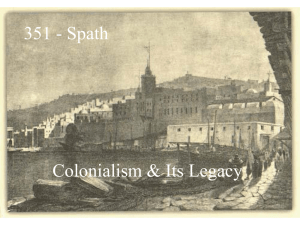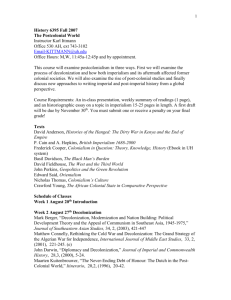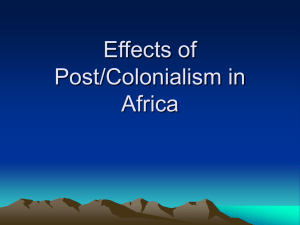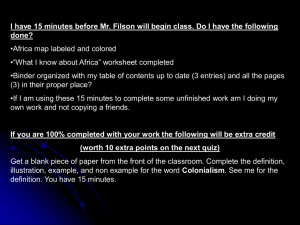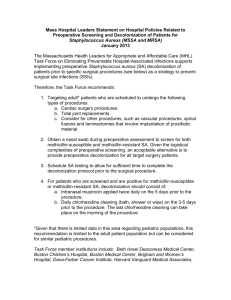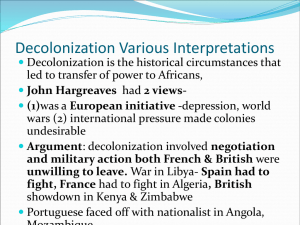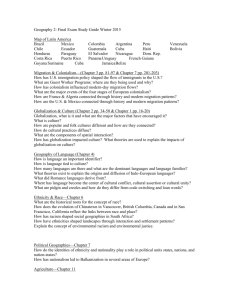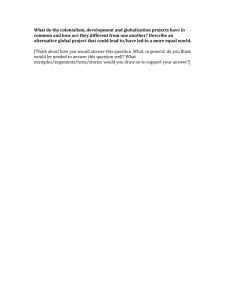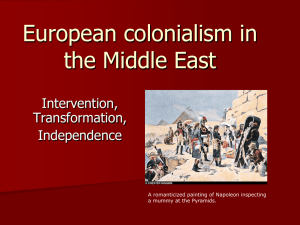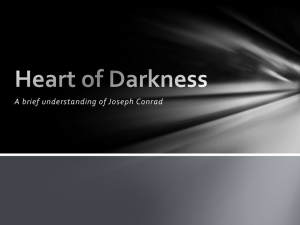Colonialism, decolonization and post-colonial historical
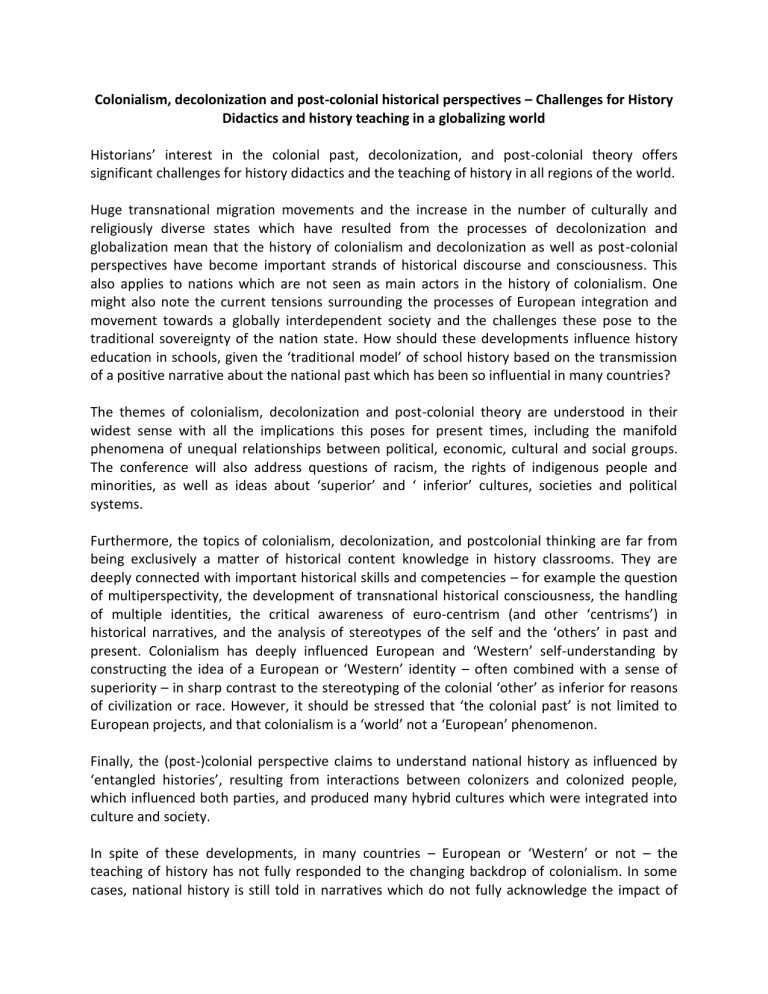
Colonialism, decolonization and post-colonial historical perspectives – Challenges for History
Didactics and history teaching in a globalizing world
Historians’ interest in the colonial past, decolonization, and post-colonial theory offers significant challenges for history didactics and the teaching of history in all regions of the world.
Huge transnational migration movements and the increase in the number of culturally and religiously diverse states which have resulted from the processes of decolonization and globalization mean that the history of colonialism and decolonization as well as post-colonial perspectives have become important strands of historical discourse and consciousness. This also applies to nations which are not seen as main actors in the history of colonialism. One might also note the current tensions surrounding the processes of European integration and movement towards a globally interdependent society and the challenges these pose to the traditional sovereignty of the nation state. How should these developments influence history education in schools, given the ‘traditional model’ of school history based on the transmission of a positive narrative about the national past which has been so influential in many countries?
The themes of colonialism, decolonization and post-colonial theory are understood in their widest sense with all the implications this poses for present times, including the manifold phenomena of unequal relationships between political, economic, cultural and social groups.
The conference will also address questions of racism, the rights of indigenous people and minorities, as well as ideas about ‘superior’ and ‘ inferior’ cultures, societies and political systems.
Furthermore, the topics of colonialism, decolonization, and postcolonial thinking are far from being exclusively a matter of historical content knowledge in history classrooms. They are deeply connected with important historical skills and competencies – for example the question of multiperspectivity, the development of transnational historical consciousness, the handling of multiple identities, the critical awareness of euro-centrism (and other ‘centrisms’) in historical narratives, and the analysis of stereotypes of the self and the ‘others’ in past and present. Colonialism has deeply influenced European and ‘Western’ self-understanding by constructing the idea of a European or ‘Western’ identity – often combined with a sense of superiority – in sharp contrast to the stereotyping of the colonial ‘other’ as inferior for reasons of civilization or race. However, it should be stressed that ‘the colonial past’ is not limited to
European projects, and that colonialism is a ‘world’ not a ‘European’ phenomenon.
Finally, the (post-)colonial perspective claims to understand national history as influenced by
‘entangled histories’, resulting from interactions between colonizers and colonized people, which influenced both parties, and produced many hybrid cultures which were integrated into culture and society.
In spite of these developments, in many countries – European or ‘Western’ or not – the teaching of history has not fully responded to the changing backdrop of colonialism. In some cases, national history is still told in narratives which do not fully acknowledge the impact of
2 colonialism on the state, society and the world which its citizens inhabit. This is perhaps reflected in the fact that colonialism, decolonization and post-colonial perspectives have not yet been – as far as we see – a main topic of an international conference of history didactics.
Guiding questions could be:
How the colonialism, the decolonization, or the impacts of post-colonial theory are represented in history textbooks, curricula, teacher education, and educational media? Are they represented as a historical phenomenon that influences contemporary societyall over the world, as a completed past, or as a story of “the others”? Are colonialism and decolonization considered as part of a national, transnational, European/‘Western’ or global past?
How should past experiences of separation, segregation and integration be presented in school history, and related to present day concerns, especially in relation to diversity education and the guiding principles of history education?
What are the commonalities and differences between different national narratives with regard to the representation of colonialism, decolonization or post-colonial perspectives?
What is the role of the history of colonialism, decolonization, and post-colonial thinking in history education? How do we reconcile the tensions between an obligation to rationality, disciplinary procedures, human rights and democracy on the one hand, and the recognition that perspectives, historical experiences and interpretations, and long-term consequences of colonialism vary widely on the other hand?
Three strands are envisaged:
1. Analysis of the topic in historical, theoretical and didactic aspects, in relation e.g. with identity issues, with ‘entangled history’, with the interaction of selfstereotyping images and the stereotyping of the ‘other’, with transnational history and migration, with decentering of traditional narratives and the change of perspective, with the debate about the universalism of humanism and human rights, with cultural and religious diversity, …; in relation e.g. to certain ‘lieux de memoire’, to the public history culture, to everyday life, to visual culture, to museum exhibitions, …; in relation to imperialism, colonial wars, globalization, the Cold War, …
2. Current research into aspects of history education: textbook and curricula studies; teaching materials and activities etc.; teachers’ and students’ beliefs and ideas
3. General aspects: How should history teachers deal with the impact of the history of colonialism and decolonization and post-colonial thinking in the classroom, for example in a nation with a colonizer’s past, with a colonized past or with an apparently “neutral” past? What do these topics mean for multicultural classrooms? …
We welcome theoretical reflections and analytical and empirical studies.
Submission deadline is October 30, 2013.
